President Muhammadu Buhari has disclosed that the government used borrowing to stimulate the economy as response to the two recent economic recessions the country experienced.
Mr Buhari in his budget presentation speech said the government had to use borrowing to ”spend its way out of the two recent recessions.”
The president, who laid the 2022 estimates before the joint session of the National Assembly on Thursday, said the country would not have exited the two recessions fast enough without resorting to borrowing.
“As you are aware, we have witnessed two economic recessions within the period of this administration. In both cases, we had to spend our way out of recession, which necessitated a resort to growing the public debt. It is unlikely that our recovery from each of the two recessions would have grown as fast without the sustained government expenditure funded by debt,” he said.
Despite the growing debt profile, the Buhari administration will borrow N5.01 trillion to fund the proposed 2022 budget.
According to the Debt Management Office, as of December 2020, the total national debt was put at N32.915 trillion.
Nigeria’s economy slipped into recession in the third quarter of 2020 after a negative growth of 3.6 per cent. The recession was exited after positive GDP growth in the 4th quarter of 2020.
In 2016, the economy had earlier fallen into recession following two consecutive quarterly declines.
According to the proposal presented by Mr Buhari, the budget has a deficit of N6.26 trillion which represents 3.39 of the estimated GDP.
This figure is once again above the three percent threshold set by the Fiscal Responsibility Act 2007.
The government plans to fund the deficit through “N5.01 trillion, N90.73 billion from privatization proceeds and N1.16 trillion drawdowns on loans secured for specific development projects.”
Mr Buhari stated that the “debt level of the federal government is still within sustainable limits. Borrowings are to specific strategic projects and can be verified publicly.”
The president insisted that Nigeria does not have a debt problem but a revenue problem.
He said the government is setting a target to increase Revenue-to-GDP ratio to 15% by 2021, noting that a 15% Revenue-to-GDP will help to allay fears over Debt-Service-to-Revenue ratio.
READ ALSO: UPDATED: Nigerian economy enters second recession in five years
“Our target over the medium term is to grow our Revenue-to-GDP ratio from about 8 percent currently to 15 percent by 2025. At that level of revenues, the Debt-Service-to-Revenue ratio will cease to be worrying.
“Put simply, we do not have a debt sustainability problem, but a revenue challenge which we are determined to tackle to ensure our debts remain sustainable.”
The proposed budget has N3.61 trillion debt servicing proposal.
Support PREMIUM TIMES’ journalism of integrity and credibility
Good journalism costs a lot of money. Yet only good journalism can ensure the possibility of a good society, an accountable democracy, and a transparent government.
For continued free access to the best investigative journalism in the country we ask you to consider making a modest support to this noble endeavour.
By contributing to PREMIUM TIMES, you are helping to sustain a journalism of relevance and ensuring it remains free and available to all.
TEXT AD: To advertise here . Call Willie +2347088095401…
You may be interested
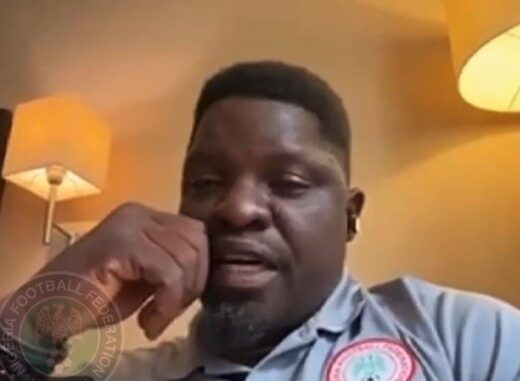
2024 CHANQ: History Not Kind To Us Against Ghana –Ogunmodede
Webby - December 24, 2024Home-based Super Eagles coach Daniel Ogunmodede says history has not been good to Nigeria when they face rivals Ghana.The home-based…

Ex-Chelsea Star Oscar Returns To Boyhood Club Sao Paulo
Webby - December 24, 2024Former Chelsea midfielder Oscar is returning to his Brazilian boyhood club Sao Paulo after 14 years, which included a long…

‘I’m Incredibly Proud’– Arokodare Talks Up Genk’s Unbeaten Home Streak
Webby - December 23, 2024Tolu Arokodare is full of excitement followingGenk’s historic victory over Anderlecht, reports Completesports.com.Sunday’s win at the Cegeka Arena was the…






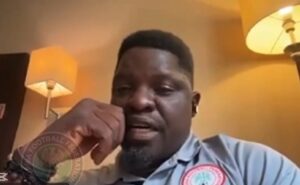




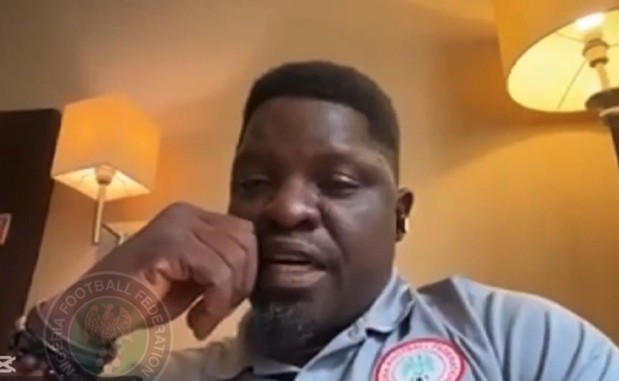
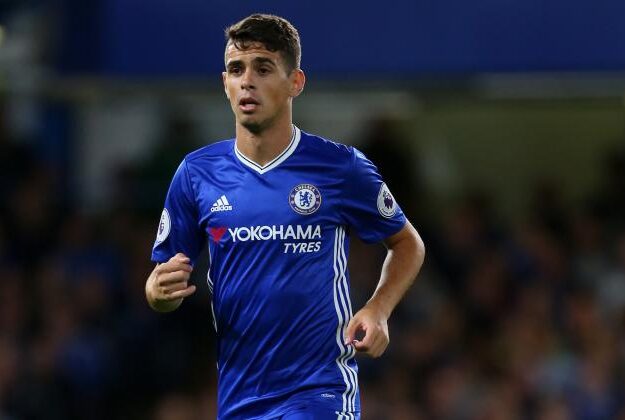
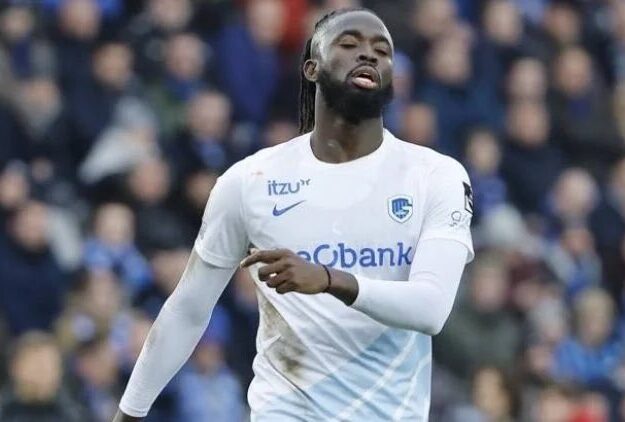








![American Pastor, David Wilson Seen Eating The Box Of Woman Who Isn’t His Wife [Video]](https://onlinenigeria.com/wp-content/uploads/2019/10/american-pastor-david-wilson-seen-eating-the-box-of-woman-who-isnt-his-wife-video-150x150.jpg)








